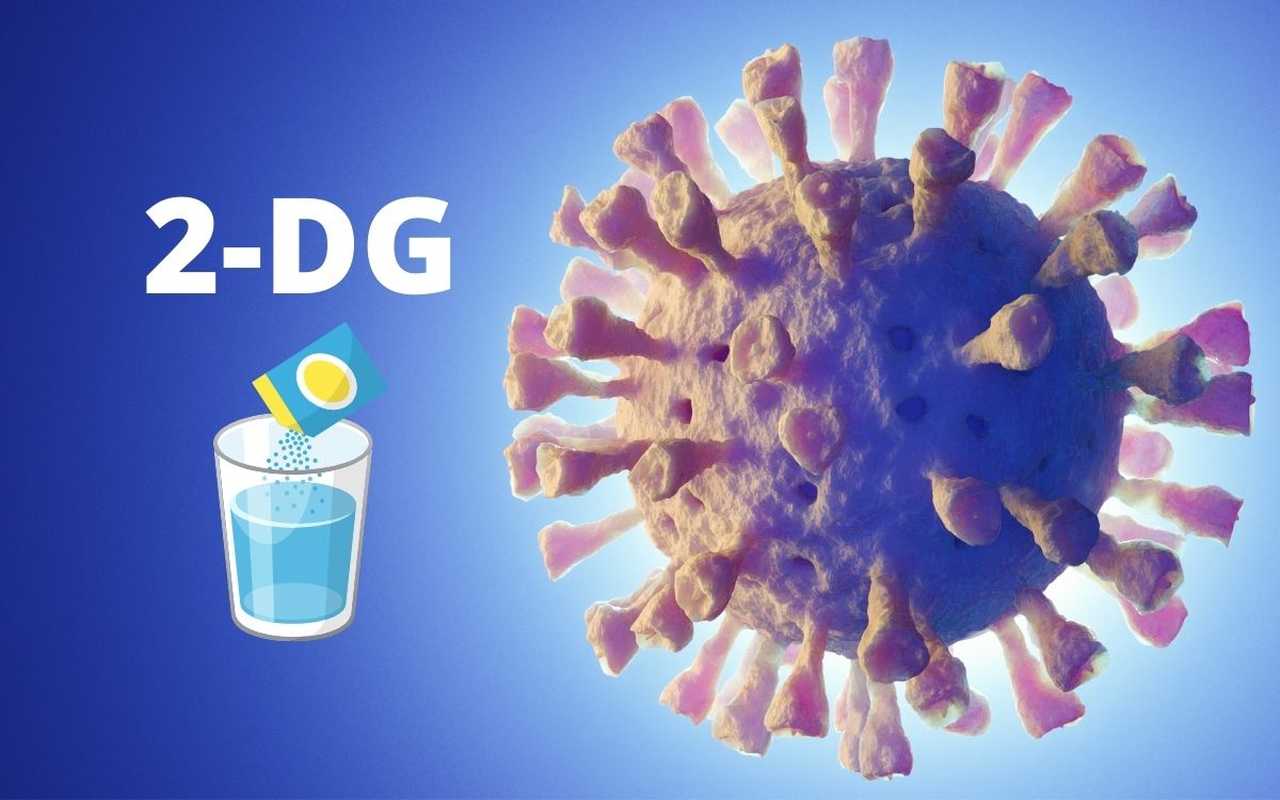What is ‘Gut’? And why Gut health is important?
The ‘gut’ is nothing but our Gastrointestinal tract. Bacterial makeup of our gut plays a vital role in disease management.
The mouth is the first part of our gut. When we eat, food passes through the oesophagus and into the stomach and then into the small intestine.
Do you believe bacteria decides our gut health?
Yes, there are millions of bacteria live in our gut.
A person has about 300 to 500 different species of bacteria in our digestive tract, where some are harmful, and many are incredibly beneficial and even necessary to a healthy body.

Numerous studies in the past two decades have demonstrated links between gut health and the immune system. Even Gut health has relationships with our mood, mental health, autoimmune diseases, endocrine disorders, skin conditions and cancer.
Each person’s microbiome is unique. ” In healthy people, there is a diverse array of organisms”. In an unhealthy individual, there’s much less diversity, and there seems to be an increase of bacteria we associate with disease.
Gut health affects our whole body, all the way from your skin to the inside of our mouth. It is because there are trillions of bacteria in our gut that helps & support our digestive health and immunity.
Occasional stress, pollution, inadequate sleep and poor diet regime harm the good bacteria in our gut. It can potentially throw off our microbiome’s balance and produce a negative impact on our overall well being.
Scientists state that ” we don’t know for sure which comes first whether bacteria influence disease risk or existing disease influence gut bacteria.” But finally, they concluded both are true. We still lack the specific proof to this connection, but we know it is there.
Signs of an unhealthy gut
1. Stomach upset – Stomach disturbances like gas, bloating, constipation, diarrhoea and heartburn.
2. Unintentional weight changes.
3. Sleep disturbances or constant fatigue.
4. Skin irritation.
5. Autoimmune conditions.
6. Food intolerance.
How to detoxify the gut?
These are the ways to get rid of toxins
1. Eat the right foods.
2. Reduce inflammation.
3. Drink plenty of water.
4. support the immune system.
Good foods for the Gut
1. Yoghurt
2. Garlic
3. Onion
4. Asparagus, Banana, Flaxseed, barley, and fermented foods and drinks.
5. Fibre foods
High fibre foods feed the healthy bacteria that improve immune function, reduce inflammation and chronic diseases.
6. Probiotic-rich foods
Probiotics are live bacteria or yeasts found in fermented foods when consumed, take residence in the gut and improve overall health.
Good bacteria help our body digest & absorb nutrients, synthesize specific vitamins, and active against intruders such as flu and toxic forming carcinogens.
Role of fibres in the gut health
Bad bacteria tend to feed on sugar and unhealthy fats (yes! absolutely junk foods). Good bacteria thrive for fibre- rich foods.
Fibre is a vital ingredient for gut health, but less than 5% of Americans take the recommended amount ( 25 to 30 grams) per day.

Stop to kill good
Avoid taking unnecessary antibiotics, glyphosate, and environmental toxins that may harm the good bacteria.
Stop feeding bad
Diets high in sugar, processed food, and unhealthy fat can feed the very kinds of flora that will cause gas, discomfort, bloating, and chronic inflammation.
What is a probiotic?
Probiotics are beneficial bacteria that support our body’s immune & digestive system. The vast majority of probiotic bacteria are active in the lower Gastrointestinal tract. Probiotic has the highest survival rate when provided within 30 minutes before or simultaneously with a meal or beverage that contains fat.
What is prebiotic?
Prebiotics are food that probiotics thrive. If you want to nurture good bacteria, eat lots of fibre. Choose an organic diet (fruits, vegetables, legumes, and whole grains)in place of inorganic foods.
Take Microbe fuelling nutrients like garlic, onion, asparagus, wheat bran, banana, barley, oats, flaxseed, cocoa & seaweed.
Birth & Breastfeeding
Research shows that normal delivery babies have more diverse microbiomes than those of C-sections.
Breastfeeding has also been shown to foster beneficial gut bacteria.
Eat healthily and stay healthy.
Last medically reviewed on July 30, 2019
1.Rinninella E, Cintoni M, Raoul P, et al. Food Components and Dietary Habits: Keys for a Healthy Gut Microbiota Composition. Nutrients. 2019;11(10):2393. Published 2019 Oct 7. doi:10.3390/nu11102393
https://www.ncbi.nlm.nih.gov/pmc/articles/PMC6835969/
2.Hemarajata P, Versalovic J. Effects of probiotics on gut microbiota: mechanisms of intestinal immunomodulation and neuromodulation. Therap Adv Gastroenterol. 2013;6(1):39-51. doi:10.1177/1756283X12459294







